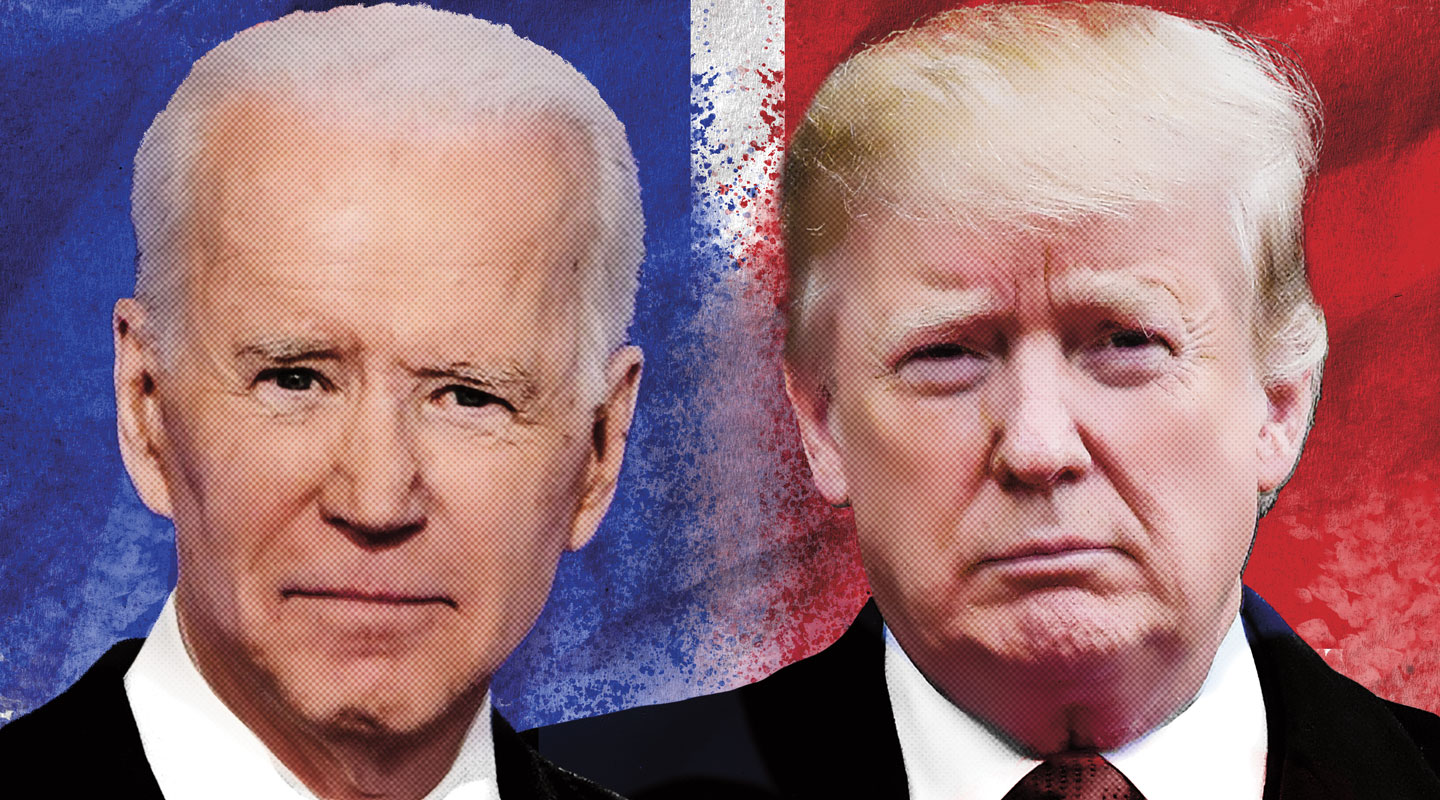The president’s critics also express deep concern that he has feuded with traditional U.S. allies, including Canada and Germany, while praising authoritarian leaders whose actions have threatened U.S. security, such as Russia’s president, Vladimir Putin.
Biden, meanwhile, is offering a return to a more traditional presidency. From 2009 to 2017, he was vice president under President Barack Obama. He also served for 36 years in the U.S. Senate, where he developed a reputation for working with Republicans to pass laws.
But Biden has been criticized for his record on race. While he has supported civil rights laws, as a senator he championed legislation that hurt Black Americans. He wrote and supported “tough on crime” laws requiring long prison sentences, including for people convicted of low-level crimes. Such laws have disproportionately affected Black Americans.
Today, however, Biden says he is committed to rooting out racism in the criminal justice system, from policing practices to sentencing laws. He also supports immigrant rights, believes climate change is a global emergency, and says working with America’s traditional allies is critical.

